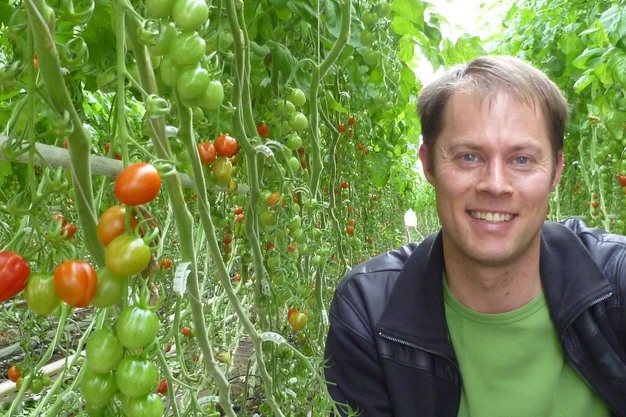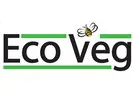The number of players in the organic greenhouse vegetable segments has declined in recent years, according to Krist Hamerlinck of Belgian organic growing company Eco Veg, leading to decreased supply. "Although there are fewer players, demand in the organic sector remains stagnant," he explains. That is in stark contrast to the booming period during the pandemic, when, as consumers sought healthy produce, demand for organic products skyrocketed. After the pandemic, that demand plummeted. "The energy crisis also made people watch what they spend."
This spring's lack of sunlight means the Belgian organic greenhouse vegetable season is struggling. Krist explains that productions are way behind last year's. "We had almost no sun until mid-June. That delayed productions because, for good growth, you need the sun," he says.

Eco Veg packages, and markets organic greenhouse vegetables that it cultivates on about 11 hectares. The Flemish company faces a somber season. "Cucumbers and eggplants are the most sensitive to light, so that's where production differs most." Although tomatoes are now at last year's level, weekly production-wise, overall production lags. Bell peppers show the least difference, but even there, growth is not yet up to par. The limited volumes mean higher prices, but those do not sufficiently compensate for production losses and rising costs.
Hamerlinck says that production issues and a stagnant demand make for tough years for organic greenhouse vegetables. "Less competition is easing sales this year again, but the production problems mean we still can't speak of a good year," he admits.
Due to these challenging conditions, Eco Veg orientates itself toward other product groups. "Greenhouse vegetables remain our main focus, but we also consider other products like raspberries under glass," Krist explains. "The humid weather, though, has brought disease." The company is also looking at leafy crops such as lettuce and spinach, especially since they have a good market in winter. "We stop with cucumbers earlier - from October - because of competition from Spain. We turn off the heating and switch to leafy crops."
To guarantee those product sales, Eco Veg is seeking partners and fixed programs. "Scandinavia remains an important market for our products, but leafy greens don't have the same export value. The Netherlands and Belgium, could, however, work. Challenging times mean we entrepreneurs must widen our gaze," Krist concludes.
For more information: Krist Hamerlinck
Krist Hamerlinck
Eco Veg
Stoepestraat 5a
9960 Assenede
+32(0) 486 166 606
[email protected]
www.ecoveg.be
